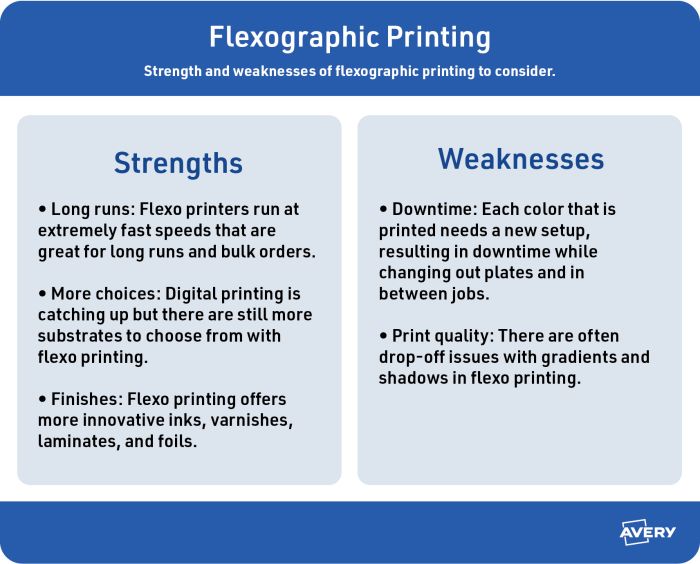More About Digital Printing
More About Digital Printing
Blog Article
The Best Strategy To Use For Digital Printing
Table of ContentsThe Only Guide to Digital Printing3 Easy Facts About Digital Printing DescribedDigital Printing - QuestionsAn Unbiased View of Digital PrintingIndicators on Digital Printing You Need To KnowDigital Printing Fundamentals Explained
Variable data printing, such as direct mail with customized codes and addresses, is preferably fit for electronic printing. Digital quick printing only requires 4 steps of layout, evaluation, printing and binding to get whatever done. Digital quick printing has an unequaled benefit: print on demand.According to PMMI, electronic printing enables brand names and manufacturers to respond swiftly to consumer needs while enhancing the supply chain, decreasing warehousing cost and waste, and enjoying faster time to market. That all sounds wonderful, however how does this technology do all that? The major differentiator of these technologies is that there are no set-up costs and no plates with digital printing.
A Biased View of Digital Printing
According to Wikipedia, the best distinction between electronic printing and typical techniques such as lithography, flexography, gravure, or letterpress - Digital Printing is that there is no need to replace printing plates in electronic printing, whereas in these analog printing approaches home plates are repetitively changed. This leads to quicker turn-around time and lowers price when making use of electronic printing.
Quick production means getting your item to market faster. It also means it's simpler and faster to make changes later, when you change a dish, include a SKU, or produce seasonal product packaging. Digital printing is highly flexible, so it's simple to make modifications to the package design swiftly. It all goes back to home plates.
A lot more stock can indicate more waste in the future. With standard printing techniques, short-run printing is simply not feasible. Because a great layout can make or break your item, digital printing constantly produces top quality, clear and colorful graphics each time. Digital printing on adaptable pouches includes the intense, vivid, and precise graphics that practically beckon consumers to reach out and touch them.
Digital printing is the process of printing digital-based pictures straight onto a variety of media substrates. There is no demand for a printing plate, unlike with countered printing. Digital files such as PDFs or desktop computer posting documents can be sent out straight to the digital printing machine to print on paper, photo paper, canvas, fabric, synthetics, cardstock and various other substratums.
About Digital Printing
According to PMMI, electronic printing allows brand names and suppliers to respond promptly to customer needs while improving the supply chain, lowering warehousing price and waste, and appreciating faster time to market. That all noises excellent, however how does this modern you can check here technology do all that? The significant differentiator of these technologies is that there are no set-up costs and no plates with electronic printing.
According to Wikipedia, the best distinction between electronic printing and typical methods such as lithography, flexography, gravure, or letterpress is that there is no need to change printing plates in digital printing, whereas in these analog printing methods home plates are repetitively replaced. This leads to quicker turnaround time and reduces expense when using electronic printing.

Digital Printing Things To Know Before You Get This
With conventional printing techniques, short-run printing is simply not feasible. Since a terrific design can make or break your item, digital printing consistently you can try here creates top notch, clear and vibrant graphics each time.

According to PMMI, electronic printing enables brand names and makers to react rapidly to client needs while boosting the supply chain, decreasing warehousing expense and waste, and taking pleasure in faster time to market. That all sounds excellent, yet exactly how does this modern technology do all that? The major differentiator of these innovations is that there are no set-up costs and no plates with digital printing.
Facts About Digital Printing Revealed
This results in quicker turn-around time and lowers expense when making use of electronic printing.
Digital printing is extremely flexible, so it's simple to make modifications to the plan layout rapidly. It all goes back to the plates.

The Best Strategy To Use For Digital Printing
Digital printing is the process of printing digital-based images directly onto a selection of media substratums. There is no demand for a printing plate, unlike with balanced out printing. Digital data such as PDFs or desktop publishing documents can be sent straight to the digital printing machine to print theoretically, image paper, canvas, fabric, synthetics, cardstock and other substratums.
Report this page